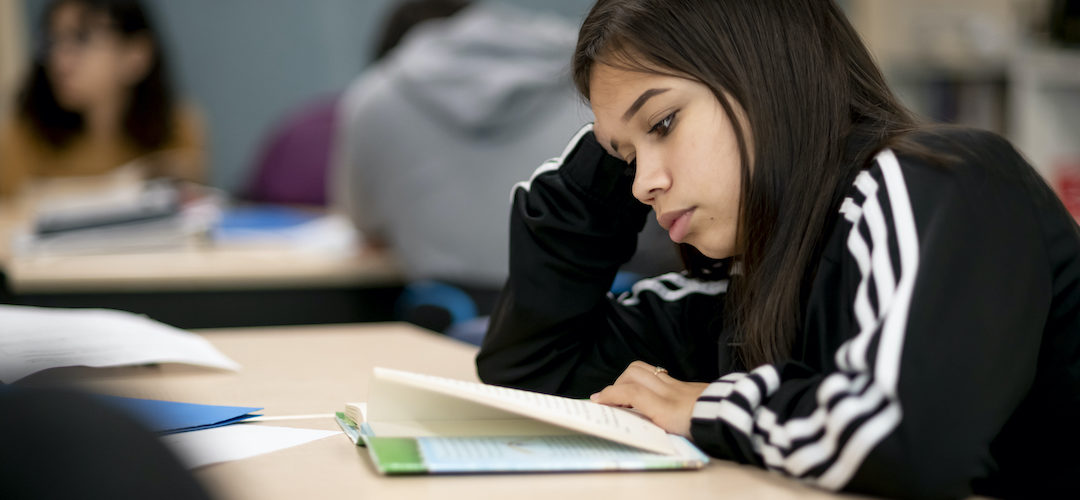Special Session Round-Two Ends with Nothing Accomplished for Students
By Michelle Koffa
Minnesota’s second special session adjourned Tuesday, with legislators coming to an agreement on a highly debated police accountability bill. But education priorities went untouched—leaving us with the question of whether student needs will be prioritized before the school year begins.
During this most recent special session, leaders introduced education proposals addressing the digital divide, teacher diversity, race equity in schools, and schooling during COVID-19. Still, no education proposal received the necessary attention to move to the governor’s desk. With so many student needs left unaddressed, the Legislature must return with a renewed focus on education when the governor calls for another special session in August.
It’s worth emphasizing what must be addressed and where we’ll need continued advocacy if we want to make progress for Minnesota students—and to ensure children’s fundamental needs are met in the middle of a pandemic.
Closing the Digital Divide
All students need to have access to reliable internet and devices before the 2020-21 school year commences. Nearly 17% of Minnesota students—mostly from low-income and rural communities—did not have access to reliable internet when COVID-19 hit. And while parents, students, and advocates pushed the state to dedicate the necessary resources to effectively support students without access, their demand went unanswered.
While several proposals were introduced to help close the digital divide this special session, they did not progress. And if legislators fail to invest in access to the internet and devices during the next special session, our state’s education gaps will continue to grow.
District Flexibility
We know that in order for districts to serve Minnesota’s most vulnerable learners across the state, they require flexibility. As districts develop plans for resuming instruction—distance learning, in-person, or hybrid—they need the ability to serve the diversity of learners across the state. Some students are going to require access to some form of in-person instruction, and others are going to need increased support as they continue to engage in distance learning. No matter what, the Legislature must allow districts and schools to determine the needs of their students and meet those unique needs.
This week, Governor Walz is expected to make an announcement about the method of school reopening this fall, but with this announcement, the Legislature must build in essential flexibility for districts.
Racial Equity in Schools
Minnesota’s inequities have been laid bare this year. The racism and injustices in our education system that communities have been fighting against for years are now centerstage. And when the Legislature resumes for their next special session in August, they must answer the call to address racial equity in schools. Now, more than ever, our students need to feel safe, welcome, and included in their educational environments. And Minnesota’s curriculum, learning, and work environments must reflect the racial, ethnic, and linguistic diversity of its students. Students of color must have access to rigorous coursework that allows them to meet high expectations, teachers of color, and should not be pushed out through unfair discipline practices, .
Research shows that when students of color have teachers of color, they’re more likely to be placed in gifted programs, graduate from high school on time, feel more cared for, and are less likely to be pushed out of school through exclusionary discipline. Additionally, students of color are more eager to learn from people who look like them, stimulating academic engagement.
What’s Next at the Legislature?
Despite differing views on whether Minnesota schools should reopen this fall, Governor Walz is expected to make a much anticipated-announcement in the coming days. The governor is expected to call another special session in August, at which point the Legislature must address the needs of students as schools prepare to resume in September.
Education issues must be at the forefront of our next special session or Minnesota students will begin the school year unprepared—without essential resources and support needed to succeed.

